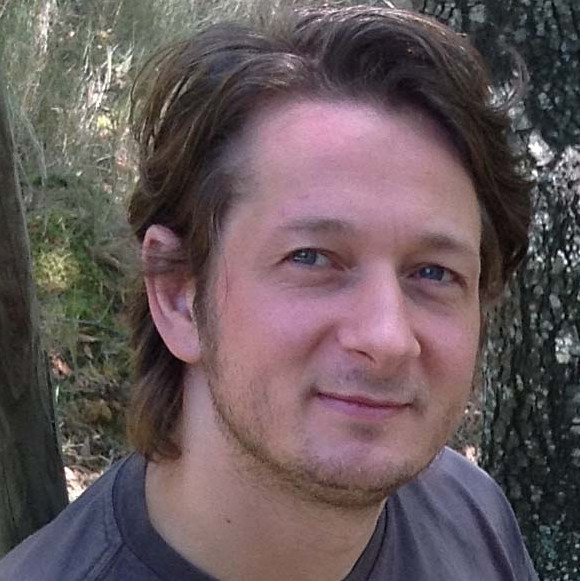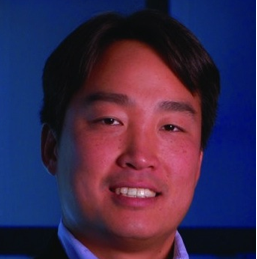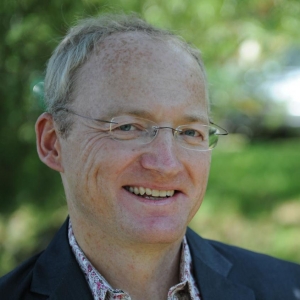GCAI will feature the following invited talks:

Simon Colton, Falmouth University, UK and Goldsmiths, University of London, UK
TITLE: Computational Creativity: Lessons Learned
ABSTRACT: The AI subfield of Computational Creativity comprises the art, science and philosophy of engineering software which can take on creative responsibilities in various projects. In recent years, it has come of age in the sense of highlighting some fundamental issues, opportunities and ideas about the notion of software being creative. In the talk, I will draw on practical projects, including the HR automated mathematician (ccg.doc.gold.ac.uk/research/hr), The Painting Fool (www.thepaintingfool.com), The WhatIf Machine (www.whim-project.eu) and Gamika Technologies (www.metamakersinstitute.com). These will provide the platform for exploring various philosophical and cultural issues, covering ideas such as the humanity gap, a latent-heat effect, process vs. product, Turing-style tests and essentially contested concepts. I will summarise with some lessons we’ve learned in Computational Creativity, which may have broader applicability across Artificial Intelligence research and technological society in general.
SHORT BIO: Simon Colton is a Professor of Digital Games Technology at Falmouth University and part-time Professor of Computational Creativity at Goldsmiths, University of London. He holds an EPSRC Leadership Fellowship and a European Research Area Chair, and co-leads the Computational Creativity Group at Goldsmiths (ccg.doc.gold.ac.uk) and The MetaMakers Institute at Falmouth (www.metamakersinstitute.com). He is a co-ordinator of the PROSECCO network (www.prosecco-network.eu) and part of the IGGI Doctoral Training Centre (www.iggi.org.uk) and DC Labs Digital Economy hub (www.digitalcreativity.ac.uk). He is an AI researcher exploring issues in Computational Creativity, where the aim is to write software which is taken seriously as being autonomously creative. His research has won national and international awards, and gained much press/media attention. Applications of his work have had cultural significance across domains including pure mathematics, bioinformatics, graphic design, creative language, visual arts and video game design.
 Daniel Lee, University of Pennsylvania, USA
Daniel Lee, University of Pennsylvania, USA
TITLE: Decision Making in Intelligent Autonomous Systems
ABSTRACT: Current AI systems for perception and action incorporate a number of techniques: Bayesian state estimation, probabilistic mapping, trajectory planning, and feedback control. I will describe and demonstrate some of these methods on various autonomous systems including wheeled, legged, and flying robots. In order to model variability due to pose, illumination, and background changes, low-dimensional manifold representations have been used for learning in these systems. But how well can such manifolds be processed by neural networks? I will show how notions of linear separability and VC dimension can be generalized from input points to manifolds. This analysis provides theoretical predictions for the capacity and generalization ability of invariant classifiers, and better understanding of the performance of deep neural networks.
SHORT BIO: Daniel Lee is the UPS Foundation Chair Professor in the School of Engineering and Applied Science at the University of Pennsylvania. He received his B.A. summa cum laude in Physics from Harvard University and his Ph.D. in Condensed Matter Physics from the Massachusetts Institute of Technology in 1995. Before coming to Penn, he was a researcher at AT&T and Lucent Bell Laboratories in the Theoretical Physics and Biological Computation departments. He is a Fellow of the IEEE and AAAI and has received the National Science Foundation CAREER award and the University of Pennsylvania Lindback award for distinguished teaching. He was also a fellow of the Hebrew University Institute of Advanced Studies in Jerusalem, an affiliate of the Korea Advanced Institute of Science and Technology, and organized the US-Japan National Academy of Engineering Frontiers of Engineering symposium. As director of the GRASP Laboratory and co-director of the CMU-Penn University Transportation Center, his group focuses on understanding general computational principles in biological systems, and on applying that knowledge to build autonomous systems.

Toby Walsh, TU Berlin, Germany and UNSW/Data61, Australia
TITLE: Will AI end jobs, wars or humanity?
ABSTRACT: Artificial Intelligence (AI) is rarely out of the news. The Chief Economist of the Bank of England predicted AI will destroy 50% of jobs in the UK. Thousands of AI researchers signed an Open Letter predicting that AI could transform warfare and lead to an arms race of "killer robots". And Stephen Hawking and others have predicted that AI could end humanity itself. What should we make of all these predictions? What should we do to ensure a safe and prosperous future for all?
SHORT BIO: Toby Walsh is a prominent researcher in Artificial Intelligence. He was recently named in the inaugural Knowledge Nation 100, the one hundred "rock stars" of Australia′s digital revolution. He is Guest Professor at TU Berlin, Professor of Artificial Intelligence at UNSW and leads a research group at Data61, Australia′s Centre of Excellence for ICT Research. He has been elected a fellow of the Australian Academy of Science and the Association for the Advancement of Artificial Intelligence, and has won the prestigious Humboldt research award. He has previously held research positions in England, Scotland, France, Germany, Italy, Ireland and Sweden. He regularly appears in the media talking about the impact of AI and robotics. His twitter account has been voted one of the top ten to follow to keep abreast of developments in AI. He has played a leading role at the UN and elsewhere on the campaign to ban lethal autonomous weapons (aka "killer robots").
